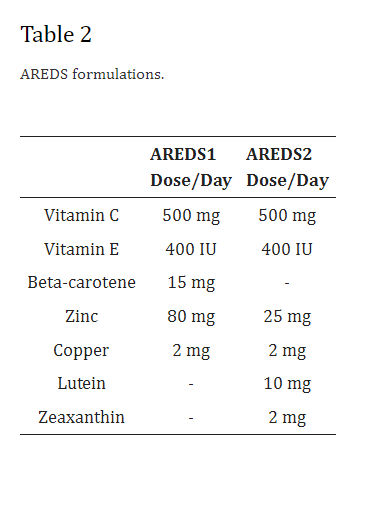.
Highlights
• Review of common mechanisms and contrasts between age related cataracts and macular degeneration
• Analysis of multitasking functions of the retinal pigment epithelium and general biology of aging
• Up-to-date summary of aging compensatory mechanisms in lens and retinal pigmented epithelium
• Novel insights into the origin of lens crystallins in the drusen deposits
• Summary of recent finding regarding structure and function of individual crystallin proteins
.
Abstract
Aging is the greatest risk factor for chronic human diseases, including many eye diseases. Geroscience aims to understand the effects of the aging process on these diseases, including the genetic, molecular, and cellular mechanisms that underlie the increased risk of disease over the lifetime. Understanding of the aging eye increases general knowledge of the cellular physiology impacted by aging processes at various biological extremes. Two major diseases, age-related cataract and age-related macular degeneration (AMD) are caused by dysfunction of the lens and retina, respectively. Lens transparency and light refraction are mediated by lens fiber cells lacking nuclei and other organelles, which provides a unique opportunity to study a single aging hallmark, i.e., loss of proteostasis, within an environment of limited metabolism. In AMD, local dysfunction of the photoreceptors/retinal pigmented epithelium/Bruch’s membrane/choriocapillaris complex in the macula leads to the loss of photoreceptors and eventually loss of central vision, and is driven by nearly all the hallmarks of aging and shares features with Alzheimer’s disease, Parkinson’s disease, cardiovascular disease, and diabetes. The aging eye can function as a model for studying basic mechanisms of aging and, vice versa, well-defined hallmarks of aging can be used as tools to understand age-related eye disease.
.

